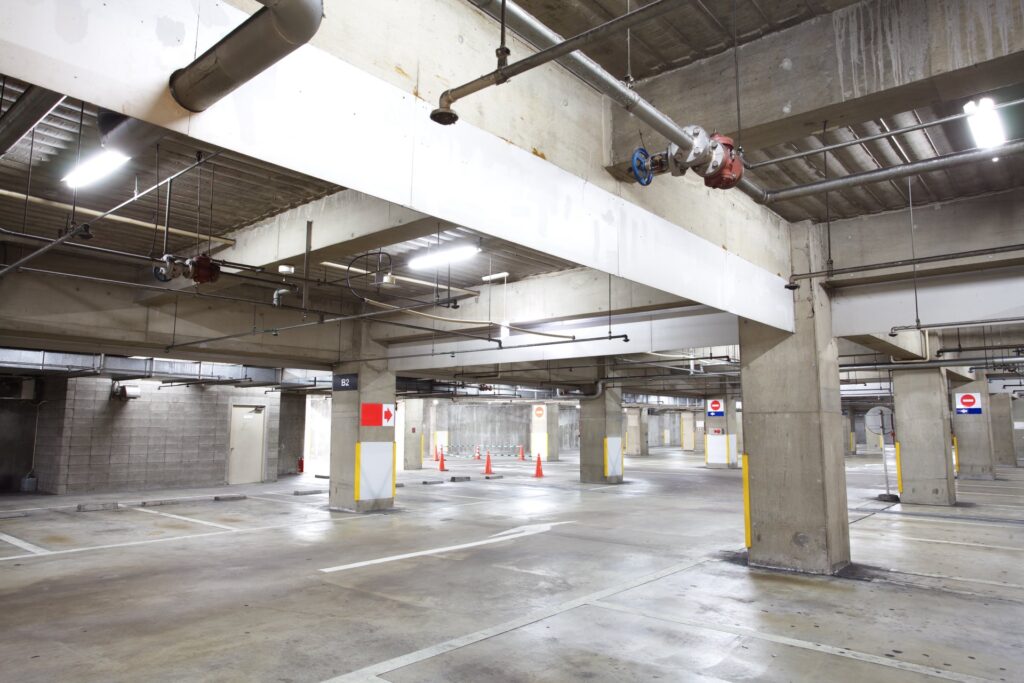Walking through a parking garage should be a routine task, but when lighting is inadequate, it can quickly become dangerous. Poor lighting makes it difficult to see steps, uneven pavement, wet spots, or other hazards, and serious falls often result. In Westchester County, these types of accidents may give rise to a premises liability claim, but success depends on proving who was responsible and whether they failed to maintain safe conditions.
Duty of Care in Parking Garages
Property owners and managers have a legal duty to keep their premises reasonably safe for visitors. This includes ensuring that lighting in parking garages is adequate. If a municipality owns or operates the garage, it may also share responsibility. The exact duty of care depends on ownership and control, but in all cases, the party in charge must take reasonable steps to protect people using the facility. That means replacing broken light fixtures, fixing electrical problems, and making sure dark areas do not pose unnecessary risks.
How Poor Lighting Leads to Injuries
When lighting is too dim or fails altogether, hazards that would normally be visible can become dangerous traps. Stairs and curbs may be difficult to see, increasing the likelihood of a trip. Spilled liquids or wet spots from leaking pipes can turn into slipping hazards. Even uneven pavement or small cracks can cause falls when they’re hidden in shadows. Injuries from these accidents range from sprains and broken bones to head trauma or long-term mobility problems.
Proving Negligence in These Cases
To succeed in a claim, it’s not enough to show that the fall happened in a poorly lit garage—you must prove that negligence caused the accident. Evidence can include photographs of the dark area, maintenance or inspection records showing that lighting was ignored, and witness testimony about the conditions. Sometimes, security cameras capture the lack of lighting as well as the incident itself. The stronger the evidence, the easier it is to show that the property owner or manager failed in their duty of care.
Legal Process and Compensation
If you’ve been injured in a fall caused by poor lighting, you may be entitled to compensation through a premises liability lawsuit. Damages often include medical bills, lost wages, pain and suffering, and, in some cases, long-term rehabilitation costs. The process usually begins with an investigation into ownership and maintenance responsibility, followed by gathering evidence to support the claim. An attorney experienced in premises liability cases can help guide you through the steps and work to secure the compensation you need.
FAQ
What if the lights were partially working?
If the lighting was inadequate and contributed to your fall, you may still have a valid claim, even if some fixtures were working.
Can I sue the garage owner and operator separately?
Yes. Depending on the arrangement, both the property owner and the management company may share liability.
Is poor lighting considered a premises liability issue?
Yes. In New York, inadequate lighting that contributes to an injury is treated as a premises liability matter.
Taking the Next Step
A fall in a poorly lit parking garage can have lasting consequences. If you’ve been injured in Westchester County, it’s important to understand your rights and act quickly. At Gash & Associates, P.C., we help clients hold negligent property owners accountable and pursue the compensation they deserve. Call us today at (914) 328-8800 to discuss your case.

